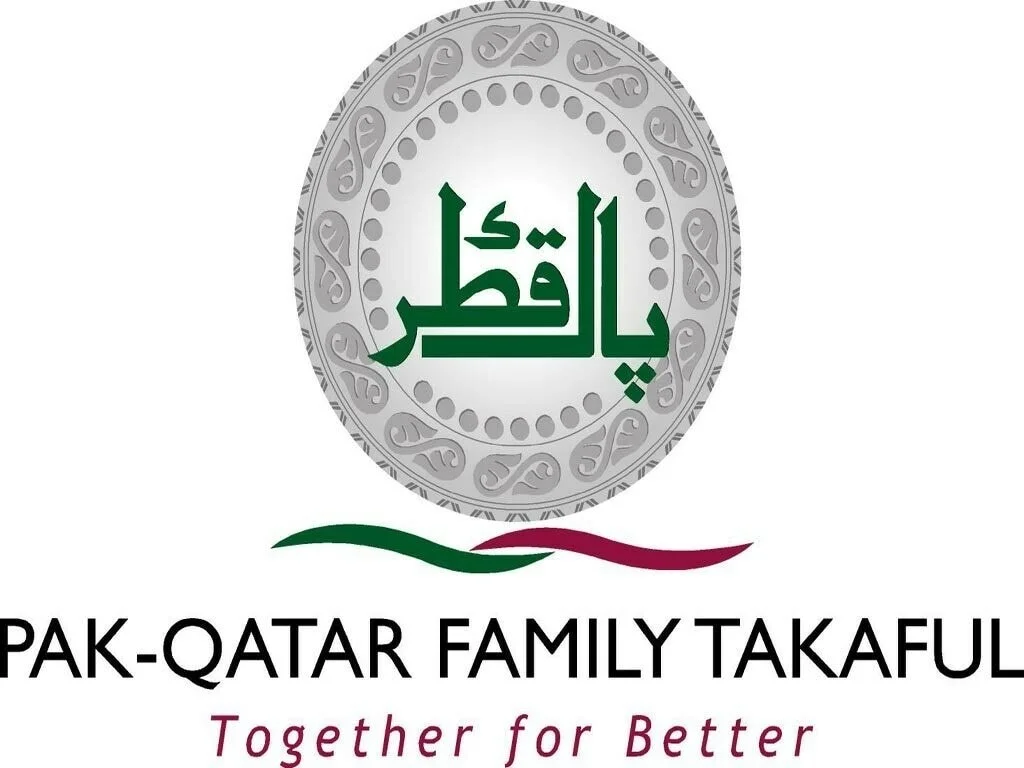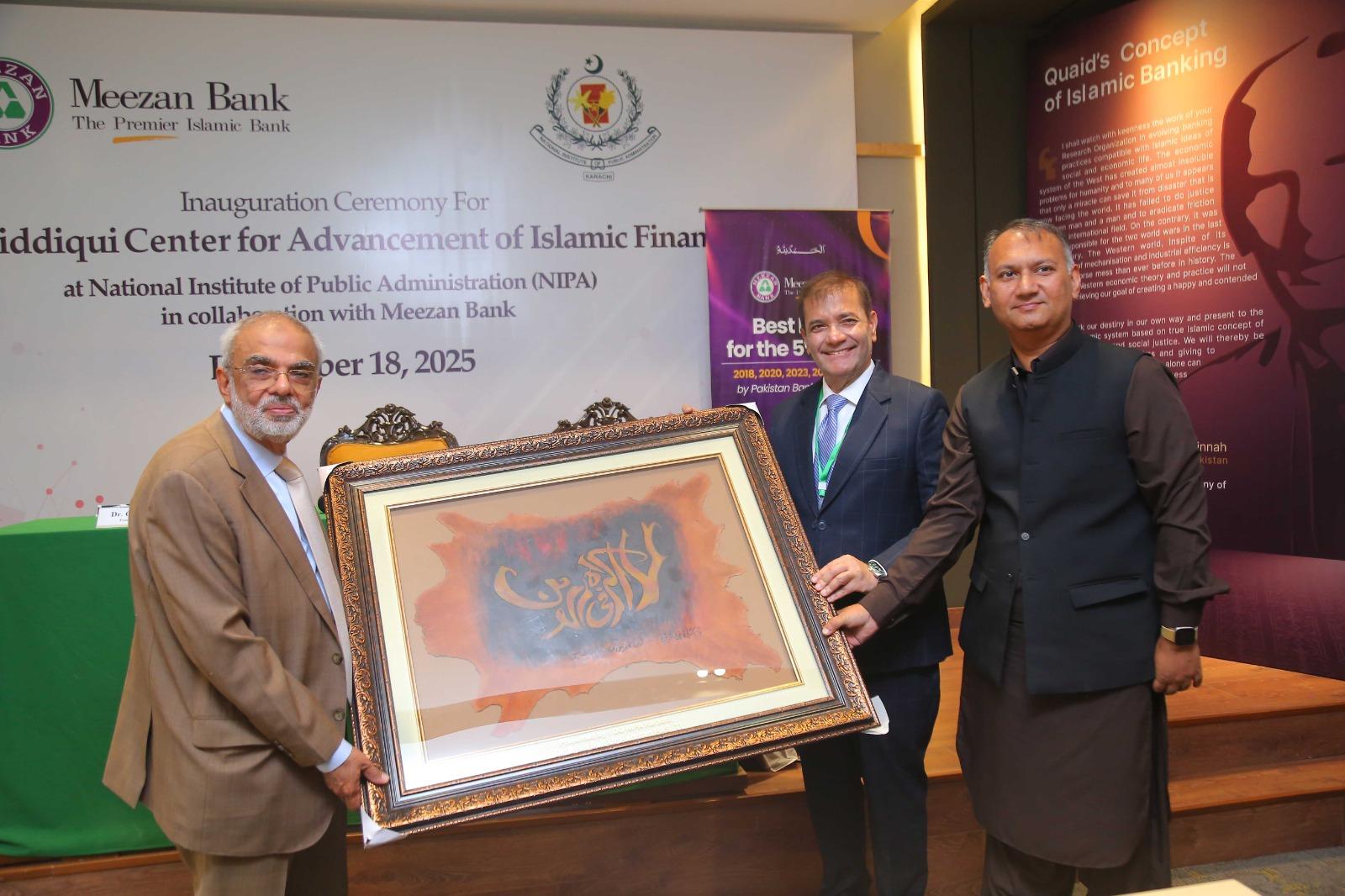Umeed-e-Sehar, a nonprofit organization dedicated to public health initiatives, has shared the results of its study, Tax Stamps and Illicit Cigarette Sales in Pakistan: Understanding Retailers’ Knowledge Gap. The study revealed alarming gaps in retailers’ awareness regarding tax stamps, pricing regulations, and legal packaging compliance in Pakistan’s cigarette market.
The illicit cigarette trade in Pakistan has become a pressing economic and public health issue, primarily driven by weak regulatory enforcement and a lack of awareness among retailers.
The study has highlighted the weak enforcement on the illicit cigarette trade, as 97 percent of retailers reported that FBR officials had never approached them for compliance guidance, while 86 percent were unaware of government-imposed penalties for selling illicit cigarettes.
According to the study, which surveyed 2,000 retailers across seven major cities, including Karachi, Lahore, and Islamabad, only 27 percent of retailers could differentiate between tax-paid and illicit cigarette packs. In contrast, a staggering 73 percent did not know the correct placement and purpose of tax stamps.
The majority of retailers, about 86 percent, identified price as the primary indicator of cigarette legality rather than checking for tax stamps, which only 12 percent of them considered. Around 59 percent of retailers estimated that between 30 to 60 percent of cigarette packs in their inventory lacked tax stamps, while 29 percent believed that more than 60 percent of the stock was illicit.
The findings underscore retailers’ key role in Pakistan’s illicit cigarette trade. With over 50 local and international companies and an estimated annual consumption of 80 billion cigarettes, the industry faces a major challenge as illicit trade continues to erode the market share of legitimate firms.
The research also found that the Federal Board of Revenue (FBR) introduced the TransAct App to help retailers verify tax stamps, yet 98 percent of the surveyed retailers were unaware of its existence, and 99 percent never used it.
The study also highlighted that consumer promotions and advertisements promoting cheaper, untaxed cigarettes influenced 43 percent of retailers, while 31 percent cited high demand and low pricing as major factors.
These results show an immediate need for stricter regulatory oversight, including increased inspection frequency and harsher penalties to curb illicit trade. Without immediate action, illicit cigarette sales will continue to undermine government revenues and threaten public well-being.
Region-specific interventions to address localized challenges in the illicit cigarette trade and enhanced collaboration between the FBR and local law enforcement agencies are necessary to ensure compliance and curb illegal sales.
The report recommends strengthening enforcement through more frequent inspections, stricter penalties, and improved regulatory oversight to ensure compliance. It also calls for targeted awareness campaigns and retailer training on tax stamps, legal requirements, and the risks of selling illicit cigarettes, supported by digital outreach and community programs.





